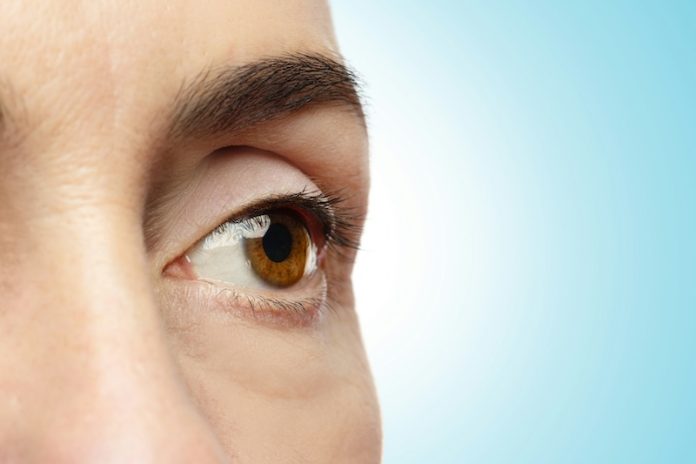
High blood pressure, also known as hypertension, can cause serious problems throughout the body — and that includes your eyes. Most people know that untreated high blood pressure can lead to heart attacks or strokes, but fewer people are aware that it can quietly damage the blood vessels in the eyes, leading to vision problems and even blindness over time.
The good news is that blood pressure medications can help prevent this damage, and recent research shows they may even improve eye health in some cases.
The eyes are full of tiny, delicate blood vessels. These vessels provide oxygen and nutrients to important parts of the eye like the retina, which helps us see clearly. When blood pressure is too high, it puts pressure on these small vessels, causing them to become thicker, narrower, or even leaky.
This condition is known as hypertensive retinopathy. In the early stages, it may not cause noticeable symptoms. But over time, it can lead to blurred vision, swelling, and permanent damage to the retina.
Several long-term studies have shown that keeping blood pressure under control with medication can slow down or stop this damage. A major study called the UK Prospective Diabetes Study found that people with type 2 diabetes who took blood pressure medicine had a much lower risk of worsening eye disease.
Even among people without diabetes, medications like ACE inhibitors and ARBs, which are commonly used to treat high blood pressure, seem to protect the tiny vessels in the eye.
Researchers have also looked at whether blood pressure drugs can help prevent more serious eye diseases, such as glaucoma and age-related macular degeneration (AMD). Glaucoma happens when pressure inside the eye builds up and damages the optic nerve.
Some early studies suggested that lowering blood pressure too much might actually reduce the blood flow to the eye, which could make glaucoma worse. But more recent research has shown that for most people, properly managed blood pressure reduces the overall risk of glaucoma, especially when combined with regular eye exams and treatment when needed.
For AMD, the evidence is mixed but promising. Some studies suggest that high blood pressure increases the risk of AMD by damaging the blood vessels under the retina.
Treating high blood pressure may lower this risk, especially when combined with other healthy habits like not smoking and eating a balanced diet. More research is still needed to fully understand how different types of blood pressure medications affect AMD.
Calcium channel blockers, another group of blood pressure medications, have also been studied for their impact on eye health. These drugs help relax blood vessels and improve blood flow.
Some researchers believe they might improve circulation in the eyes and reduce the risk of damage. However, the evidence is still limited, and they are not currently recommended specifically for eye protection.
In short, keeping your blood pressure under control is one of the most important things you can do to protect your eyesight. While blood pressure medications are not a cure for eye disease, they play a major role in preventing damage to the eye’s blood vessels and slowing the progress of existing problems.
If you have high blood pressure, it’s important to take your medications as prescribed, have regular eye check-ups, and talk to your doctor about any vision changes. Healthy blood pressure often means healthier eyes.
If you care about high blood pressure, please read studies about potatoes and high blood pressure, and top 10 choices for a blood pressure-friendly diet
For more information about high blood pressure, please see recent studies about impact of vitamins on high blood pressure you need to know, and the powerful link between high blood pressure and a potassium-rich diet.
Copyright © 2025 Knowridge Science Report. All rights reserved.



